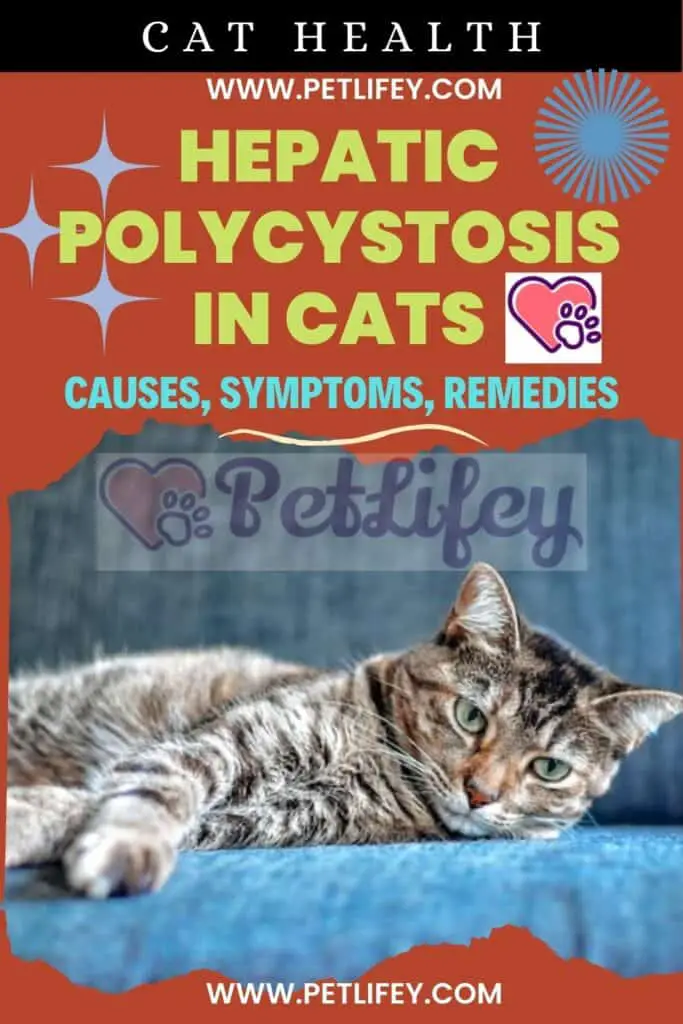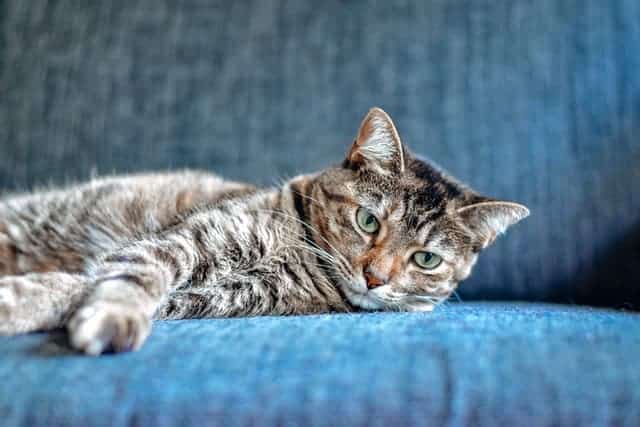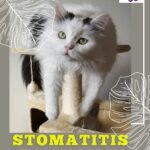Polycystosis of the liver is a rather rare disease in cats, and therefore not easy to recognize. Let’s find out the clinical signs of the pathology together.

Some diseases of our little four-legged friends are little known, because they are very rare or asymptomatic; and some, such as hepatic polycystosis in cats, have both characteristics. So let’s find out together what are the causes of the disease, what are the most common symptoms and what is the most suitable therapeutic treatment.
What is it and what are the causes
Hepatic polycystosis in cats is a disease that affects the liver.
The rather rare pathology determines the appearance of cysts in the animal’s organ; it is not by chance that it is also known as polycystic or multicystic liver disease.
The cysts of the liver can be of two types: parasitic and non-parasitic. The first are caused by tapeworms and Platynosomum fastosum (better known as the parasite of lizards, very common in America but not present in Europe).
The latter are caused by an abnormal development of the bile ducts. These cysts, of variable size and containing liquid, are responsible for hepatic polycystosis in cats.
Symptoms of hepatic polycystosis in cats
Hepatic polycystosis in cats does not present particular symptoms.
In fact, as a rule, liver cysts are asymptomatic, not causing any type of feline disorder. Very often their presence is diagnosed in carrying out investigations relating to renal polycystosis in cats.
In fact, as shown by some studies, the feline affected by polycystic kidney syndrome usually also has hepatic cysts, which are discovered due to the former.
How to cure

No particular therapeutic pathways are prescribed for the cat suffering from hepatic polycystosis.
The reasons are essentially two: as mentioned, it is a rather rare pathology, and which in almost all cases is asymptomatic, not giving rise to any particular disorder.
In any case, it is always good to implement adequate prevention, both with the administration of a healthy and balanced diet, and with periodic checks that allow our trusted veterinarian to constantly monitor the state of health of the feline.
Without prejudice to the therapy prescribed for the treatment of renal polycystosis (to which hepatic polycystosis is almost always associated), the professional will prescribe a therapeutic treatment that prevents or contains the possible negative consequences related to cysts, such as jaundice in cats.






